It's rough with children's cinema
The Golden Plate Film Award ceremony and discussion of the problems of modern Russian cinema have taken place in Kazan
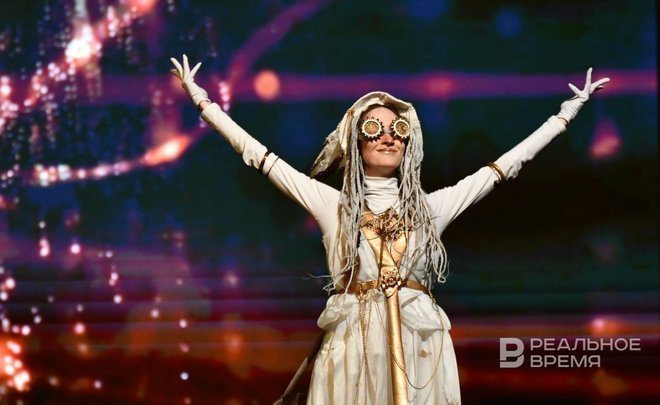
This Saturday, July 29, Kazan hosted for the third time the awarding ceremony of the Altyn Talinka Interregional Film Award (Golden Plate), organised by the Directorate for the Support of Film Projects and the organisation of festivals “Cinema Time”. The event consisted of three large blocks — a business programme, direct awarding of cinematographers, and a film screening with discussion.
This year, the organisers received more than 230 applications from more than 30 regions of Russia. 57 films from 19 regions were included in the long list, and 35 projects from 12 regions were included in the short list. Initially, the Golden Plate Film Award was conceived exclusively as an award ceremony based on the results of expert and audience voting. Then there was pitching, and this year there has been a business programme where experts discussed the problems of the industry. The organisers make a separate emphasis on that the Golden Plate is exactly an award, not a festival. The latter involves a big film screening and the discovery of new names. The prize is the distribution of prizes on merit. Without excluding the artistic value of the projects presented to the experts, the jury awards awards according to various criteria — from the best director's work to successful traffic at screenings.
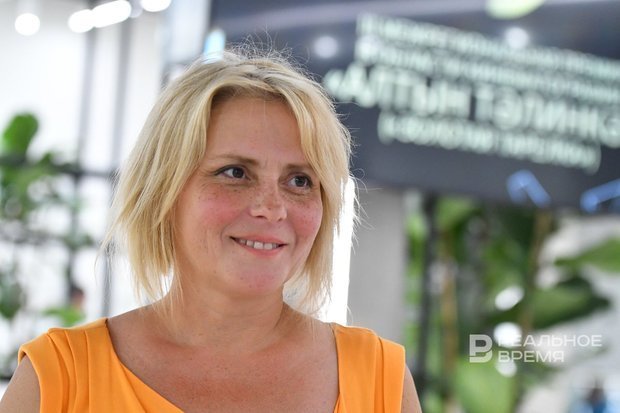
The head of the Interregional Award in the field of cinematography Altyn Telinka (Golden Plate), Albina Nafigova: “We offer Kazan as a platform for the exchange of experience not only between cinematographers. Participants have the opportunity to communicate directly with experts, unlike festivals, when VIPs walk the red carpet and cinematographers perform at screenings in front of their viewers. There is such a gradation at festivals. Here we create democratic conditions. We keep the expert core, integrate new specialists and new partners into it. But at the same time, we try to have films evaluated by people who know regional cinema well and deal with its problems. These are people of very different formats — film critic, cultural critic, producer, distributor, organiser of the show. Because they are the bridge between producers and viewers.”
Svetlana Bukharaeva, a prize expert, member of the Union of Cinematographers, film producer, and director of Kinofest studio, noted that this year there have been a lot of high-quality works worthy of awards.
“The award is growing, the quality of the films that come, too. More applications are coming. But it is becoming more and more difficult to select. This time, the experts had a very difficult task of selecting a short film. There were incredibly many of them, and a lot of good ones, it was difficult to choose and come to a consensus. I think such a large number of short films is associated with an increase in the recognition of the award. Therefore, it is necessary to slightly change either the entry criterion or the criterion for getting into the final. Those who get into the shortlist should be more seriously screened out by the selection committee. And the expert stage should be more specific. In general, I am very glad that this award lives, develops, becomes popular, and covers the whole country.”
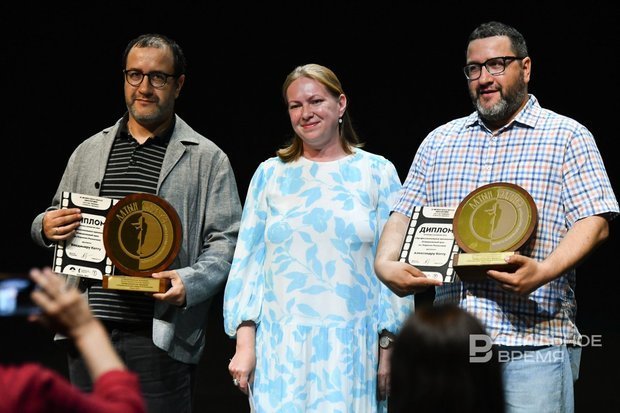
Researcher of the film market and co-chairman of the Interregional Trade Union of Cinematographers Ksenia Leontyeva said that the nominations for the short film are one of the most difficult. This time, the experts received material for a total of 95 hours of viewing, of which more than 70 hours are short films. “Don't let those who didn't get the prize get upset. There have been lot of worthy works. We see that a big change is growing, Russian cinema has a future," Leontyeva said.
Who awarded and for what
In the main nomination — Best Feature Film in National Language — the Golden Plate and 500 thousand rubles have been awarded to a student of the workshop of Alexander Sokurov, director from Kabardino-Balkaria Oleg Khamokov with the film " The Knots”. Nina Romodanovskaya, the head of ProfiCinema project and associate professor at VGIK, noted that this film raises very important issues of the position of women in traditional Eastern society. Khamokov also won the Best Director nomination with a cash prize of 200 thousand rubles.
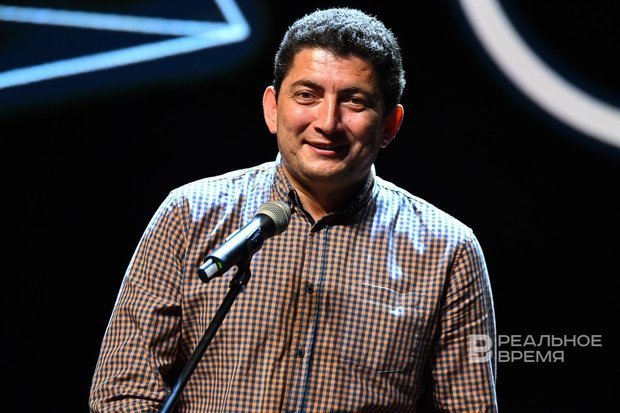
The director from Krasnodar won in the nomination “The best documentary feature film in the national language”. Dmitry Semibratov with the project “Chechnya and Peace”. He won a Golden Plate and 400 thousand rubles. A little less in money (300 thousand rubles), but no less in ovations was received by “The best feature short film in the national language” by director from Moscow Raul Geydarov. His work “Bebiya, babua, Anzorik, me and mom” raises the topic of xenophobia, but tells about it through humour and comedy.
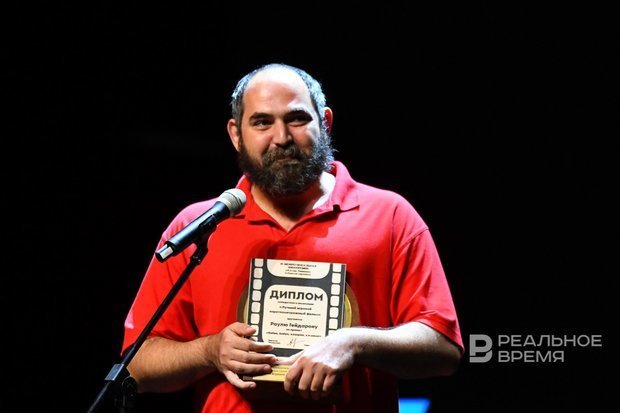
The Golden Plate and 200 thousand rubles were awarded to director Yulia Makarova for the film “Falcons”. It won in the nomination “Best Documentary short film in the national language”. It gathered a really interregional team. Specialists from St. Petersburg, Veliky Novgorod, and Moscow Oblast worked on the project.
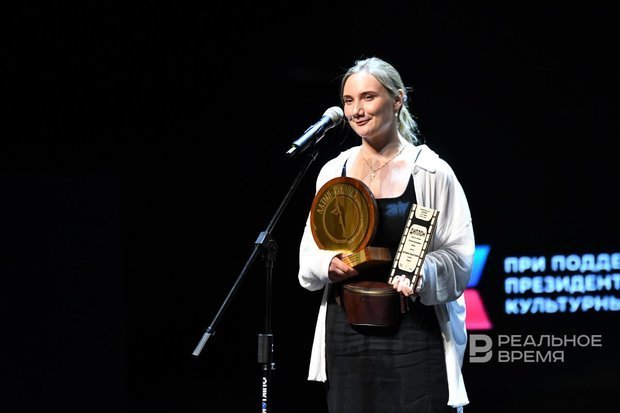
When it was time for animation projects, Svetlana Bukharaeva noted the great responsibility of directors of this format, especially in short films. “In a short form, one needs to put a large range of feelings that is understandable to everyone and touches everyone. Most often, a very small team works on such a project, and sometimes even one person. I take my hat off to animators, this is a special caste of cinematographers, very close to mysticism and magic," said Bukharaeva, who awarded the winner in the nomination “Best Animated Film in the national language.” It was director Ekaterina Gornostaeva with the “Courier” project. She received a Golden Plate and a cash prize of 200 thousand rubles.
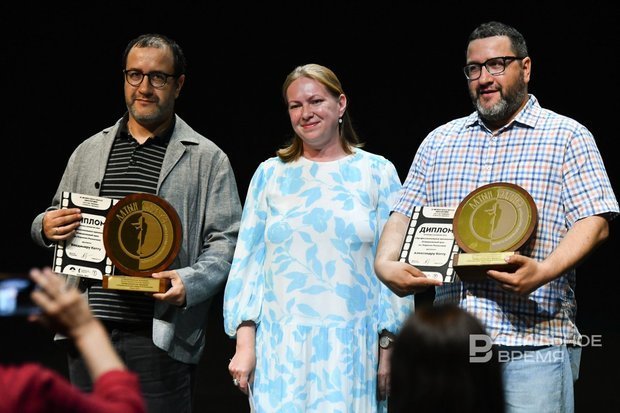
The team from Tatarstan won two Plates at once and a total of 200 thousand rubles for the short film “Puvyrga” directed by Vladislav Petrov. The expert jury highlighted this project in the categories “Debut” and “Shots behind the scenes”. Co-Chairman of the Interregional Union of Cinematographers Ksenia Leontyeva separately praised the work of production designer Ilgizara Khasanova, “who is incredibly proficient in substance” and “the amazing work of the lightworkers who created magic”. And also “the incredible work of the sound engineer who created the sound palette of the film, immersed everyone in the historical context”.
Read the report on Ilgizar Khasanov's recent exhibition “Natural Numbers” here.
These nominations were awarded with cash prizes, but the jury also awarded many projects with Golden Plates and special nominations from experts.
Children are the most acute problem
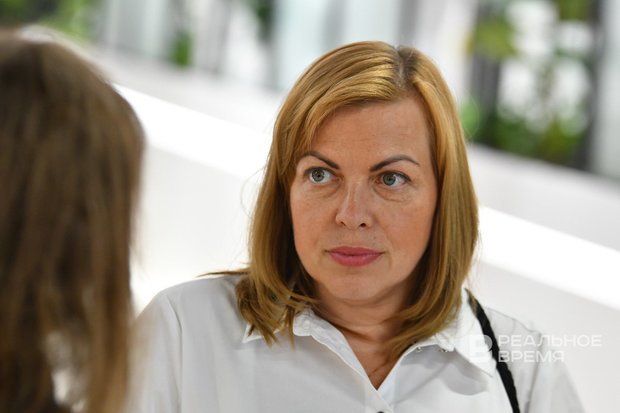
The hottest discussion of the business programme fell on the section “Where does childhood go?", where it was about children's cinema. There was not enough time for discussion. Albina Nafigova added that next time a whole day should be allocated for the discussion of children's cinema. Regarding the cinema for children and teenagers, Svetlana Bukharaeva spoke quite radically:
“The school of directors of children's cinema has practically died in our country, there is no one to shoot. Moreover, there is no one to teach anymore. The post-Soviet 30 years have killed the school of directing children's cinema. Now all work with children boils down to that children make films at children's film studios. This is great, but it's more from the field of pedagogy, not cinema. Children's cinema, which is filmed, includes any films where there are children in the frame. Another option is playing with a family film, so that grandmother, grandfather, brother, matchmaker, etc. come to the film show. The task of such a film and its creators is to buy not one ticket, but five at once. But this is about the box office and the industry, but not about upbringing, education, ideological or patriotic moments. Over the past 30 years, we have lost two generations of viewers of children's cinema.”
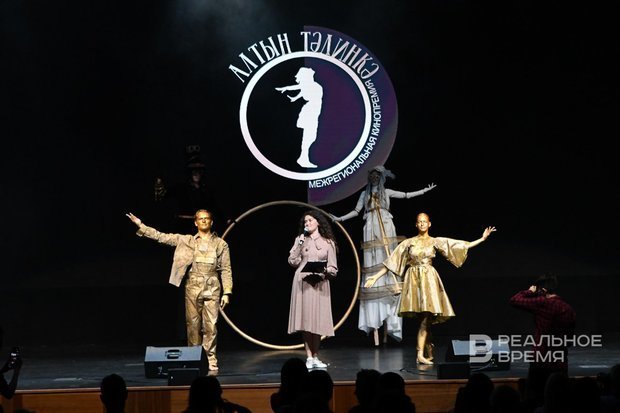
Bukharaeva also notes that this problem has grown due to the lack of good scripts for children's films. Together with the president of the Producers Guild, Filipp Kudryashov, she is developing a system of interaction with Russian authors who write books for children and teenagers. That is, among the works already written, they will look for interesting stories, adapt them for screenplays and film them. Such approach may well work, provided there is a well-built communication between the book and film industries, since literature responds faster to society's request and to its problems due to the simpler process of publishing books compared to cinema.
Member of the Union of Cinematographers, film producer and director of the studio Kinofest Svetlana Bukharaeva: “Modern children do not see themselves on the screen.
Often they are shown Soviet pioneers, about whom they do not understand anything at all. This is what today's 60-year-old directors are nostalgic about. Or they try to show teenagers family stories where a lot of things are mixed up. In such films, there will definitely be a divorce and throwing the child between father and mother. There is no first love, no relations with teachers, no relations in the classroom, no betrayal, no friendship. There is nothing that worries children at all times. The child should watch a film and understand that he or she is not alone in their difficult psychological situation. If they see it in the film, they understand that many people have such problem, not everything is so scary. The stress goes away a little. Besides, the child can get recipes for how to get out of a similar situation. That's what a children's film should have.”
Mikulay is like the cherry on the cake
The awarding ceremony of the Altyn Talink Interregional Film Award (Golden Plate) finished with the screening and discussion of the feature film Mikulay by the Tatarstan director Ilshat Rakhimbay. The film was widely distributed throughout the country, and the main roles in it were played by leading Russian actors: Viktor Sukhorukov, Ivan Dobronravov, Ekaterina Ageeva, Varvara Shmykova. The format of the film award does not imply the screening of the film, but it was included in the programme “by popular demand," as Albina Nafigova put it. By the way, “Mikulay” became the winner of the first pitching “Cinema Time”, held as part of the film award a year ago, and received the prize as the “Best Feature Film Project”. This film became a kind of case of the award organisers, they worked with it from pitching to expansion to a wide format.
Ekaterina Petrova is the author of the telegram channel Poppy Seeds Muffins (Булочки с маком) and the founder of the first online subscription book club Makulatura.